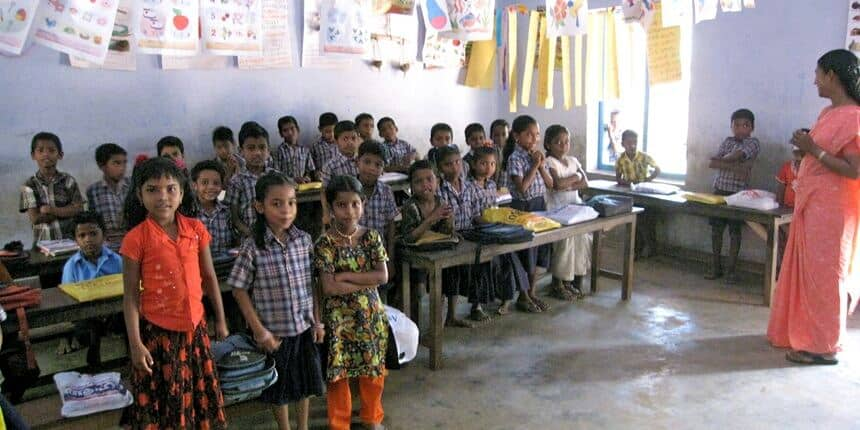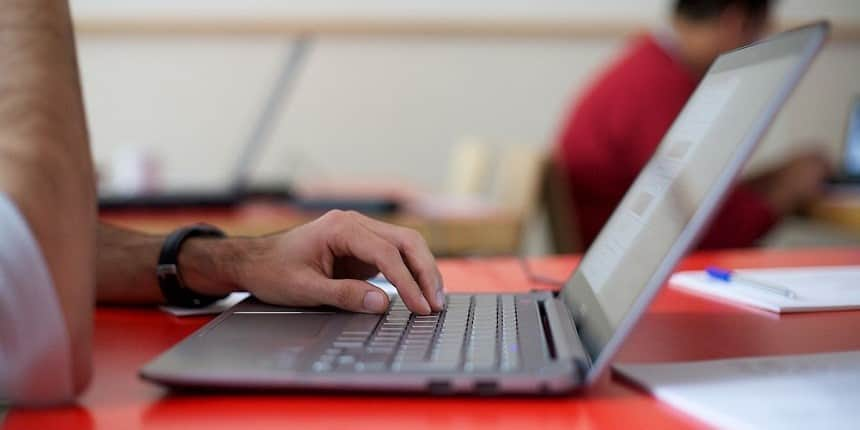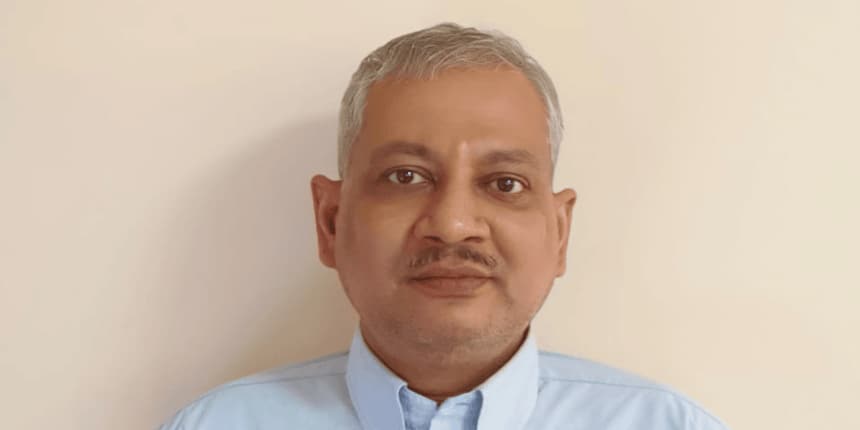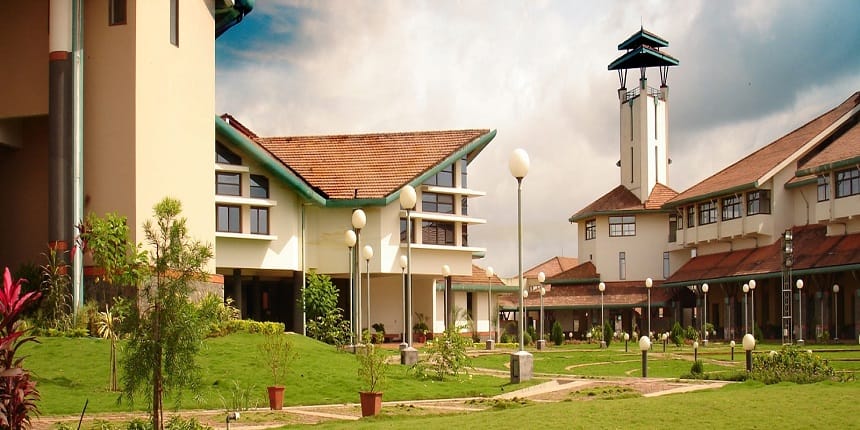Around 98% schools in India have separate toilet facilities for girl students: Centre to SC
The Centre highlighted that several states, including Delhi, Goa, and Puducherry, have achieved 100% compliance with toilet facility requirements for girls.
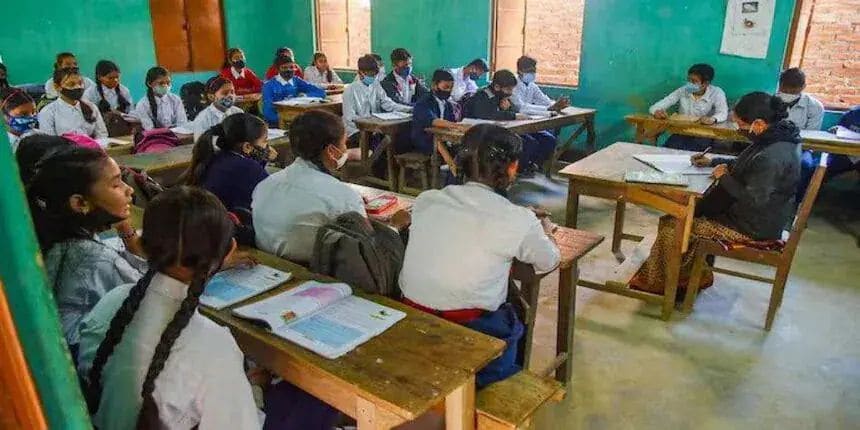 The northeastern states lag behind the national average of 98 per cent. (Representational/ PTI)
The northeastern states lag behind the national average of 98 per cent. (Representational/ PTI)Press Trust of India | November 2, 2024 | 10:37 PM IST
NEW DELHI: The Centre has informed the Supreme Court that more than 97.5 per cent schools in the country, including government, government-aided and private ones, have provided separate toilets facilities for girl students. It has filed an affidavit in a pending PIL moved by Congress leader and social activist Jaya Thakur seeking directions to the Centre and states to provide free sanitary pads to girl students of Classes 6 to 12 and ensure separate female toilet facilities in all government, government-aided and residential schools.
The Centre has told the top court that states and Union territories, such as Delhi, Goa and Puducherry, have achieved 100 per cent targets and complied with the earlier orders of the court. It has also informed the court that 16 lakh toilets for boys and 17.5 lakh toilets for girls have been constructed in more than 10 lakh government schools and 2.5 lakh toilets for boys and 2.9 lakh toilets for girls have been made available in government-aided schools.
The Centre has pointed out that in West Bengal, separate toilet facilities have been provided for girl students in 99.9 per cent schools and in Uttar Pradesh, 98.8 per cent schools have separate facilities for girls. The figure is 99.7 per cent in Tamil Nadu, 99.6 per cent in Kerala, 99.5 per cent in Sikkim, Gujarat, Punjab, 99.6 per cent in Chhattisgarh, 98.7 per cent in Karnataka, 98.6 per cent in Madhya Pradesh, 97.8 per cent in Maharashtra, 98 per cent in Rajasthan, 98.5 per cent in Bihar and 96.1 per cent in Odisha, it has informed the court.
Concerns in Northeastern States
The northeastern states lag behind the national average of 98 per cent, the Centre has said, adding that even Jammu and Kashmir has provided separate toilet facilities for girls in 89.2 per cent schools. On July 8, the Centre informed the top court that a national policy on the distribution of menstrual hygiene products to adolescent schoolgoing girls is at an advanced stage of formulation.
The public interest litigation (PIL) plea moved by Thakur has highlighted the difficulties faced by adolescent girls from poor backgrounds in schools. The Centre had earlier said it was in the process of collating all necessary material to form a national policy on the distribution of menstrual hygiene products to schoolgoing girls in terms of the court's orders dated April 10, 2023 and November 6, 2023.
The top court had directed the Centre to lay down a national model for building toilets commensurate with the number of girl students in all government-aided and residential schools across the country. While emphasising a uniform procedure, it had also asked the Centre about the policy it has formulated for the distribution of sanitary napkins to female school students nationally.
States required to submit plans and strategies
On April 10, the court appointed the secretary of the Ministry of Health and Family Welfare (MoHFW) as the nodal officer to coordinate with the states and Union territories, and collect relevant data for formulating a national policy. It noted that the MoHFW, the Ministry of Education and the Ministry of Jal Shakti have schemes on menstrual-hygiene management. The court also ordered all the states to submit their menstrual-hygiene management strategies and plans that are being executed with the help of funds provided by the Centre or through their own resources to the Mission Steering Group of the National Health Mission within four weeks.
The court said the states shall also indicate to the Mission Steering Group of the National Health Mission the appropriate ratio of female toilets for residential and non-residential schools in their respective territories. It asked all the states and Union territories to also indicate the steps that have been taken to provide low-cost sanitary pads and vending machines in schools and their appropriate disposal.
The plea has said girls aged between 11 and 18 years from poor backgrounds face serious difficulties in receiving education, a right guaranteed under Article 21A of the Constitution. "These are adolescent females who are not equipped with and are also not educated by their parents about menstruation and menstrual hygiene. "The deprived economic status and illiteracy lead to a prevalence of unhygienic and unhealthy practices, which have serious health consequences, increase obstinacy and lead to eventual dropping out from schools," the plea has said.
Follow us for the latest education news on colleges and universities, admission, courses, exams, research, education policies, study abroad and more..
To get in touch, write to us at news@careers360.com.


